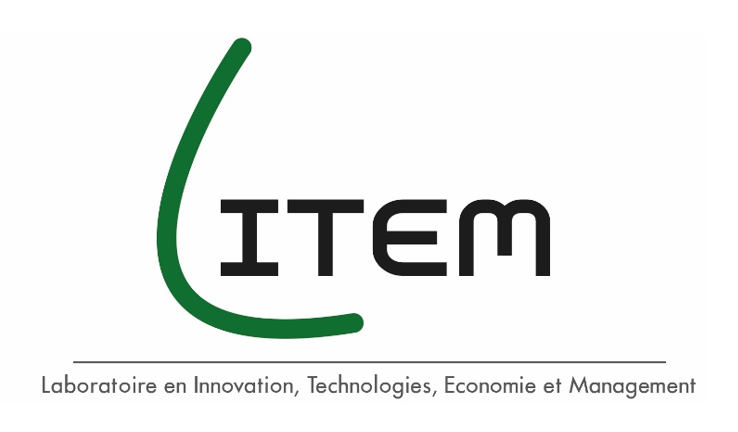The social and political challenges of open innovation
Résumé
Since the emergence of the Open Innovation (OI) concept in 2003, some scholars criticized its opposition with in-house R&D / closed innovation (CI) and debated its contributions (Trott & Hartmann, 2009). Despite its numerous detractors, its theoretical and practical weaknesses, the OI perspective has been applied by many scholars, companies and even states in various national policies. In a context where digitalization, globalization, and the fast raise of the knowledge economy complexify business, increase competition, and generate turbulences, this perspective presents simple linear solutions favoring corporate innovations.
This simplicity in a complex economic background explains, at least partially, the large adoption of OI practices at the global scale. However, if the successes of OI implementations are well documented, the failures remains poorly studied and reported and the dangers of OI applications have only recently begun to be studied (Audretsch, & Belitski, 2023; Madanaguli et al., 2023). This article briefly examines the fragility of the relationships
between OI, national policies and societal aspects based on the conceptual and practical weaknesses of that perspective.
Domaines
Gestion et management
Fichier principal
 Thierry Isckia and Xavier Parisot_The Social and Political Challenges of Open Innovation.pdf (91.2 Ko)
Télécharger le fichier
Thierry Isckia and Xavier Parisot_The Social and Political Challenges of Open Innovation.pdf (91.2 Ko)
Télécharger le fichier
| Origine | Fichiers produits par l'(les) auteur(s) |
|---|---|
| licence |
Domaine public
|


